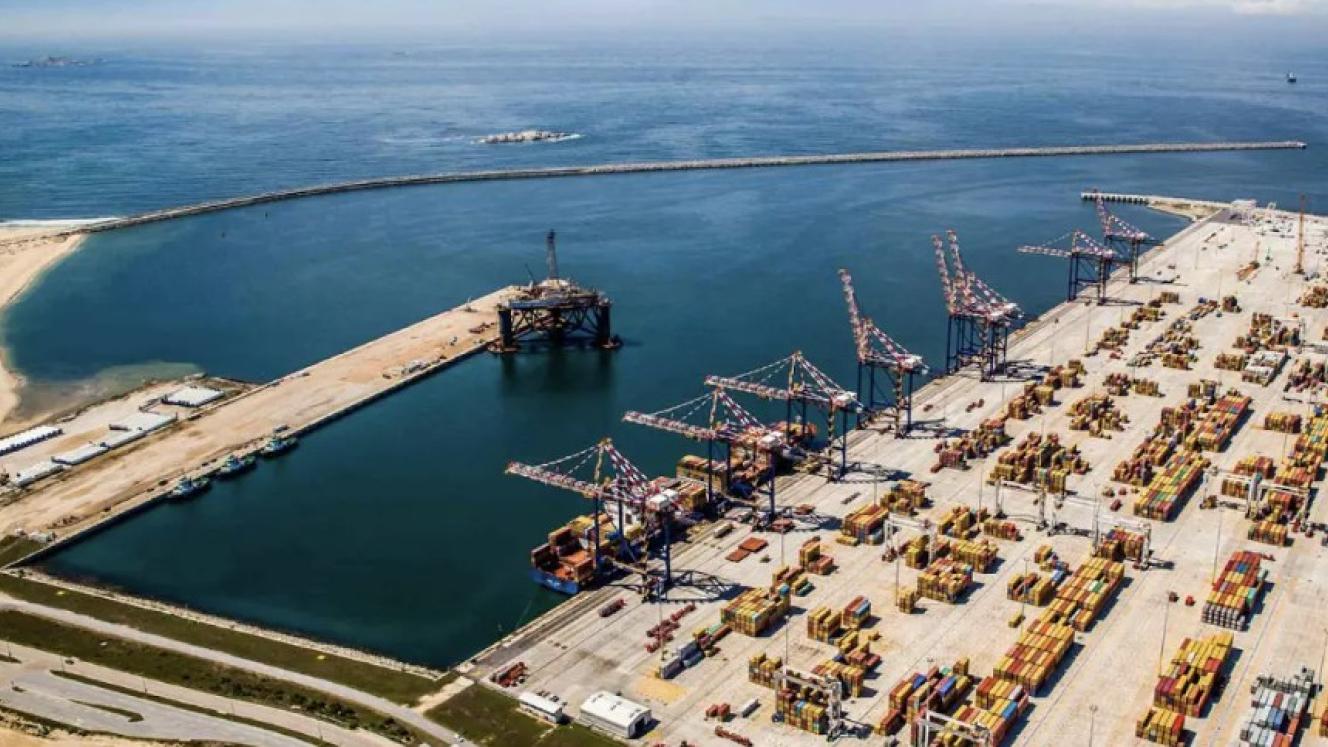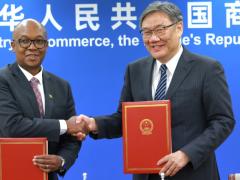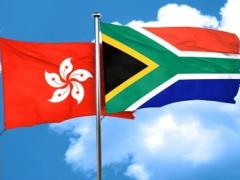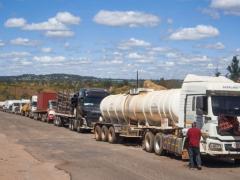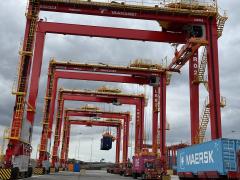South African exporters have called on Transnet and trade unions to resolve their wage dispute urgently to end the ongoing strike that threatens to cripple the country’s economic recovery.
Thousands of port and rail workers downed tools last Thursday after the United National Transport Union declared a dispute following months of wage negotiations with the employer. Transnet, Natu and the SA Transport and Allied Workers Union (Satawu) have embarked on fresh wage negotiations this week to settle the dispute, facilitated by the Commission for Conciliation, Mediation and Arbitration.
Both unions have rejected a pay increase of between 3% and 5% depending on grades and an ex gratia payment of R5 000 before tax, demanding a 12% pay hike.
Transnet declared force majeure last week as unions announced the strike, which has impacted exporters and transporters across the country.
The Exporters Western Cape association has urged striking unions and Transnet to work together to reach an agreement on the wage impasse speedily.
“We appreciate the right to strike by the unions, however, we need to be cognisant of the long-term impact this can have on our fragile economy. With this in mind, we trust that a solution is reached soonest to the benefit of all,” said Exporters Western Cape chairman, Terry Gale.
“Every single day of ports not operating has a significant knock-on effect on exporters.
Not only does it impact the livelihoods of thousands of people working in the export sector, but we are putting millions of rands of export revenue at risk,” Gale said.
He warned that an ongoing strike would set back South African exporters significantly, halting recovery programmes and ultimately leaving the country uncompetitive.
“As a representative of the growing export economy, we are monitoring the situation closely, calling for all parties to work together and come to a resolution as soon as possible.”
Kumba Iron Ore, a subsidiary of Anglo American, which exports mostly to China, Europe, Japan and South Korea, warned in a statement on Monday that its production and exports would be hampered by the strike.
“We have implemented contingency plans to safeguard our assets and minimise the impact on operations. However, as a result of the disruption to Transnet’s rail and port services, the estimated impact on production is approximately 50 000 tonnes per day for the first seven days, and thereafter approximately 90 000 tonnes per day. Export sales will be impacted by approximately 120 000 tonnes per day,” Kumba said.
It will continue to monitor the situation closely.
In addition, thermal coal shipper Thungela Resources said a protracted strike could impact production by up to 300 000 tonnes, with other exports of bulk commodities also affected.

